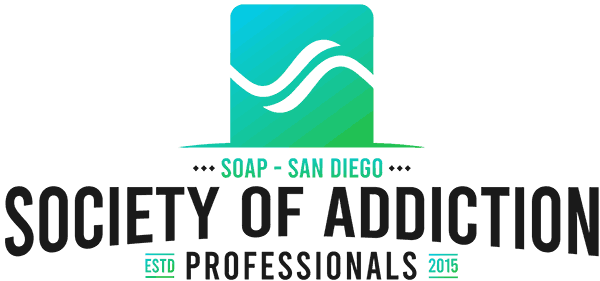Everyone makes mistakes. We’re all human. However, when you have struggled with an addiction, you may have trouble accepting your own mistakes. Practicing forgiveness is something you need to do with yourself, just like you do with others.
Do You “Beat Yourself Up”?
Many people in recovery describe a sense of failure that makes them feel an onslaught of emotions when they do something “wrong.” Whether you forgot to pick up the bread after work, got a speeding ticket, or yelled at somebody you love, it’s easy to get wrapped up in guilt or shame.
Shame is a feeling that many people experience. What is shame, exactly? It’s when you feel bad about yourself. Guilt is when you feel bad for something you have done. Shame is when you feel like YOU, yourself, are bad.
You don’t have to hate yourself for making mistakes. You can learn to forgive yourself and make amends to people you have wronged.
Accepting and Forgiving Yourself
Accepting that you aren’t perfect is a part of recovery. You can’t recover from addiction overnight – it is hard work that sometimes takes baby steps. By learning to accept yourself, you’ll also learn how to make positive changes in your life.
Shame is painful and often comes from deeply held beliefs from your past. You may think that every time you mess up, it’s because you’re “bad.”
There is a significant distinction between bad actions and “being bad.” You’re not “bad.” You are human. You can do “bad things” or things you know are morally wrong. But because you feel shame and guilt, you are not bad. Feeling bad about your actions proves you are human. And, as a person in sobriety, you are no longer numb to the emotional consequences of your mistakes.
Kicking Negativity to the Curb
When you start to feel bad about yourself, it’s time to start talking back to those negative beliefs. Affirmations can help you battle the negative thoughts that make you feel stuck. Instead of saying, “I’m bad, I open my mouth, and I always hurt people’s feelings,” re-assure yourself that you are working on yourself.
“Just for today, I am learning how to be a better friend,” might be an affirmation you decide to use. And then talk to your sponsor or therapist if you need to make a change.
Instead of focusing on everything “bad” about you, think about the actions that created your feelings. How can you fix them? What can you work on?
“Today, I’m working on being a better listener.” “I am learning how to express my feelings without shouting or blaming.” “I am learning how to be a better daughter and mother.” Write your hopes and the things you want to achieve in recovery. When it’s a goal you are working on, it’s easier to practice forgiveness with yourself.
Getting Better Every Day
You have an addiction, but your addiction does NOT define you. There are many other aspects of your life or personality that you have probably tucked away or put on hold.
In recovery, you’re not “stuck” acting any one way; you now have options! And you are exactly where you are supposed to be in life today. You are changing a day at a time, and you have people to support you along the way.
Forgive yourself for being human.
Don’t forget to be gentle with yourself and practice lots of self-care during this COVID-19 period.
About Us
The Society of Addiction Recovery Residences is an alliance of sober living operators and professionals passionate about sustaining accountability and certifiable standards in the recovery industry.
Please see our directory for more information about our members.

